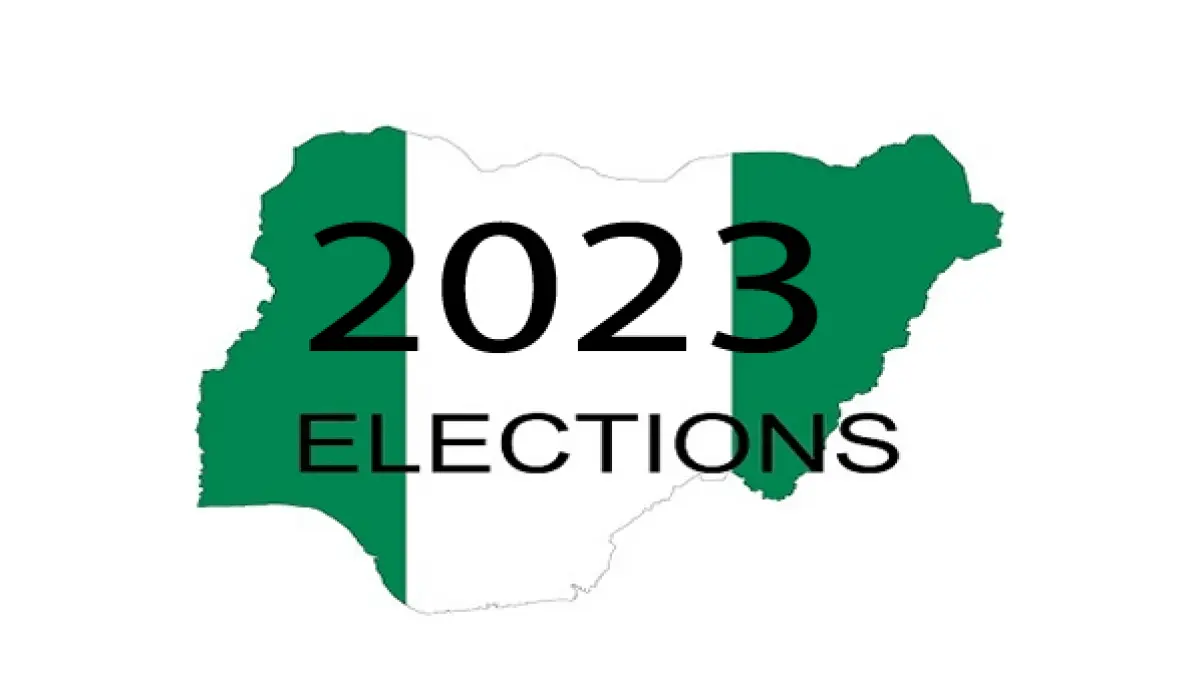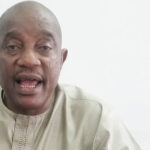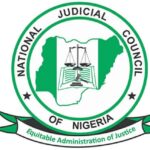One of the major fallouts of the 2023 general elections is the need to tackle violence and other offences that continue to mar Nigeria’s electoral process, from campaigns to voting and even collation of results.
According to the Nigeria Police Force, a total of 489 major electoral infractions occurred during the February 25 and March 18 rounds of elections, leading to the arrest of 781 offenders and the recovery of 66 assorted firearms.
The Inspector-General of Police, Usman Baba, who made the disclosure during a meeting with senior police officers at the Force Headquarters in Abuja, said “A summary indicates that a total of 185 major electoral offences were reported during the presidential and National Assembly elections with 203 arrests made and 18 firearms recovered.
“Similarly, a total of 304 electoral offences were recorded during the governorship and state houses of assembly elections, with a total number of 578 arrests recorded and 48 firearms recovered.” This included 161 suspects in Kano State, 45 in Lagos State, 49 in Sokoto State, 16 in Cross River State, 22 in Jigawa State, 17 in Nasarawa State and 18 in Oyo State, among others.
The IGP promised that the police “will collaborate with the Independent National Electoral Commission (INEC) in ensuring that all these electoral offenders are expeditiously and transparently prosecuted not only in the interest of criminal justice delivery, but in furtherance of our vision to sanitise our democratic space.”
But INEC had in the past expressed its frustration over its apparent helplessness when it comes to the prosecution of electoral offences. Speaking at the Royal Institute of International Affairs, Chatham House, UK, in the run-up to the recently held elections, INEC chairman, Professor Mahmood Yakubu, said “Although the commission is empowered by the Electoral Act to prosecute electoral offences, it lacks the power and resources to make arrests and thoroughly investigate electoral offences.”
While making a case for the establishment of the Electoral Offences Commission and Tribunal, which bill is already before the National Assembly, Yakubu had also said “Efforts at mitigating electoral malfeasance can only become effective with the arrest, prosecution and sanctioning the ‘mother spiders’ to end their reign of impunity.”
Worthy of note is the fact that most of those arrested, tried and convicted so far for electoral offences, as the INEC chairman explained, are the foot soldiers rather than the sponsors of electoral violence and other violations. Many political elites have either engaged in or supported violence in their bid to illegally shape the outcome of contests. This is largely because the system has failed in applying appropriate sanctions over such acts to serve as deterrence.
It is in this light that the resolve of the police to collaborate with INEC in the prosecution of electoral offences, as promised by the IGP, should be seen as a welcome development, even if this falls short of the commission on electoral offences as variously recommended by the Justice Lawal Uwais Electoral Reform Committee report and the report of the Sheikh Ahmed Lemu-led Presidential Committee on Post-Election Violence, among others.
It is equally encouraging that the House of Representatives, as disclosed by Speaker Femi Gbajabiamila, will revisit laws on the prosecution of electoral offenders. Speaking at the plenary after the National Assembly resumed from the 2023 general elections break, Gbajabiamila said “The Electoral Offences Act is one area where we must take action before the culmination of the 9th House of Representatives.
“The Act is necessary to ensure effective enforcement against individuals and organisations whose violations of our electoral laws undermine our constitution and threaten our democracy. A system of vigorous prosecution and punishment of electoral offenders will serve as a deterrent to others and help build confidence in our elections.”
While urging the 9th National Assembly to speed up the process of passing the bill for the establishment of the National Electoral Offences Commission and an Electoral Offences Tribunal, in the interim, the federal government should put in place special courts to try electoral offences. This will allow INEC to focus on conducting elections and other relevant electoral activities.
Furthermore, going forward, not only foot soldiers should be arrested and punished, but all those who sponsor thugs should also be arrested and punished.
We also urge politicians and all the relevant stakeholders in our electoral processes to be transparent and peaceful as well as play in accordance with the rules. They must not only shun violence but also ostracise members who engage in any form of violence. We must also educate our youths on the dangers of allowing themselves to be used by desperate individuals.

 Join Daily Trust WhatsApp Community For Quick Access To News and Happenings Around You.
Join Daily Trust WhatsApp Community For Quick Access To News and Happenings Around You.


